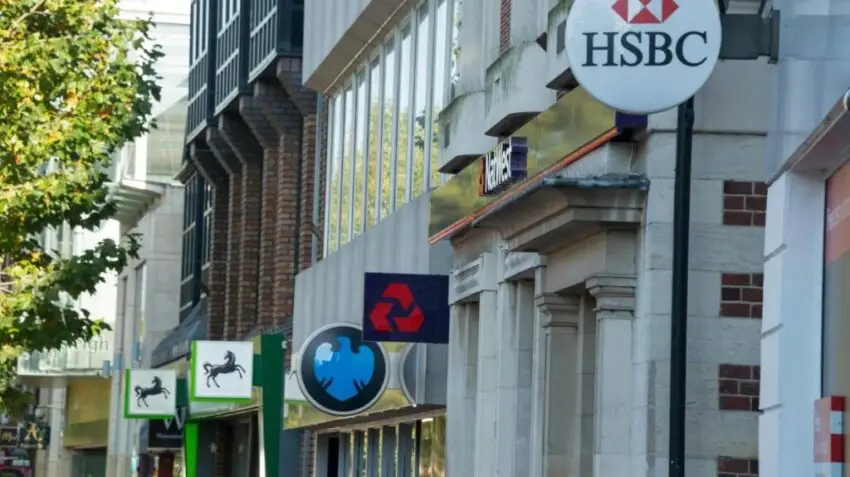The UK government is set to introduce new measures this autumn, granting banks the authority to freeze large payments for up to four days to enhance fraud prevention efforts. These changes are part of a broader initiative aimed at reimbursing victims of Authorised Push Payment (APP) fraud, a type of scam that cost consumers £460 million last year.
Presently, banks are only permitted to hold authorised payments, which are approved by customers, for a maximum of 24 hours while investigations are conducted. The impending legislation will extend this period by an additional 72 hours, provided there are reasonable grounds to suspect fraud or unusual activity that deviates from a customer’s typical financial behaviour.
The proposed changes, initially suggested by the Conservative government and backed by Labour earlier this year, will be expedited through Parliament in the upcoming autumn session. A Treasury source has confirmed these new rules, describing them as an additional tool in the fight against fraud. Former city minister Bim Afolami referred to this measure as ‘another weapon in our arsenal to tackle fraud.’
Nevertheless, some legal experts have voiced concerns that the increased bureaucracy may cause significant disruptions, particularly for individuals in the process of buying homes. Gareth Richards of the Society of Licensed Conveyancers commented, ‘We believe that there are already sufficient steps in place for banks to identify unusual or suspicious activity on the accounts under their control.’
These new powers are being introduced as the financial sector prepares for new guidelines from the Payment Systems Regulator (PSR) that will require banks to reimburse all victims of APP fraud beginning in October. APP fraud encompasses various scams, including romance fraud, fake purchase schemes, and investment scams. Under the new guidelines, victims will be eligible for refunds unless they ignored warning messages from their bank, delayed notifying the bank of the fraud, refused to share details of the fraud with their bank or the police, or acted with gross negligence. Vulnerable customers will receive additional protections, making it more challenging for banks to deny refunds.
The new regime caps the maximum liability for banks at £415,000 per case. It will be overseen by Pay.UK, the operator in charge of the scheme, which will be funded in its first year by a levy on transactions made through the Faster Payments system. Over 480 businesses have already registered with Pay.UK, complying with the requirement to register by 20 August. The PSR has also sent reminders to firms that have yet to comply.
Prior to these mandatory rules, banks could voluntarily adhere to the Contingent Reimbursement Model (CRM) agreement to reimburse APP fraud victims. In 2018, before the introduction of this voluntary scheme, reimbursement rates were approximately 19%. This figure increased to 62% by 2022. The Treasury has declined to comment further on the new measures.
The forthcoming regulations signify a significant shift in the UK’s approach to combating APP fraud, offering additional protections to consumers and introducing new responsibilities for banks. As the financial sector adapts to these changes, the effectiveness of these measures in preventing fraud and protecting consumers will be closely monitored.


